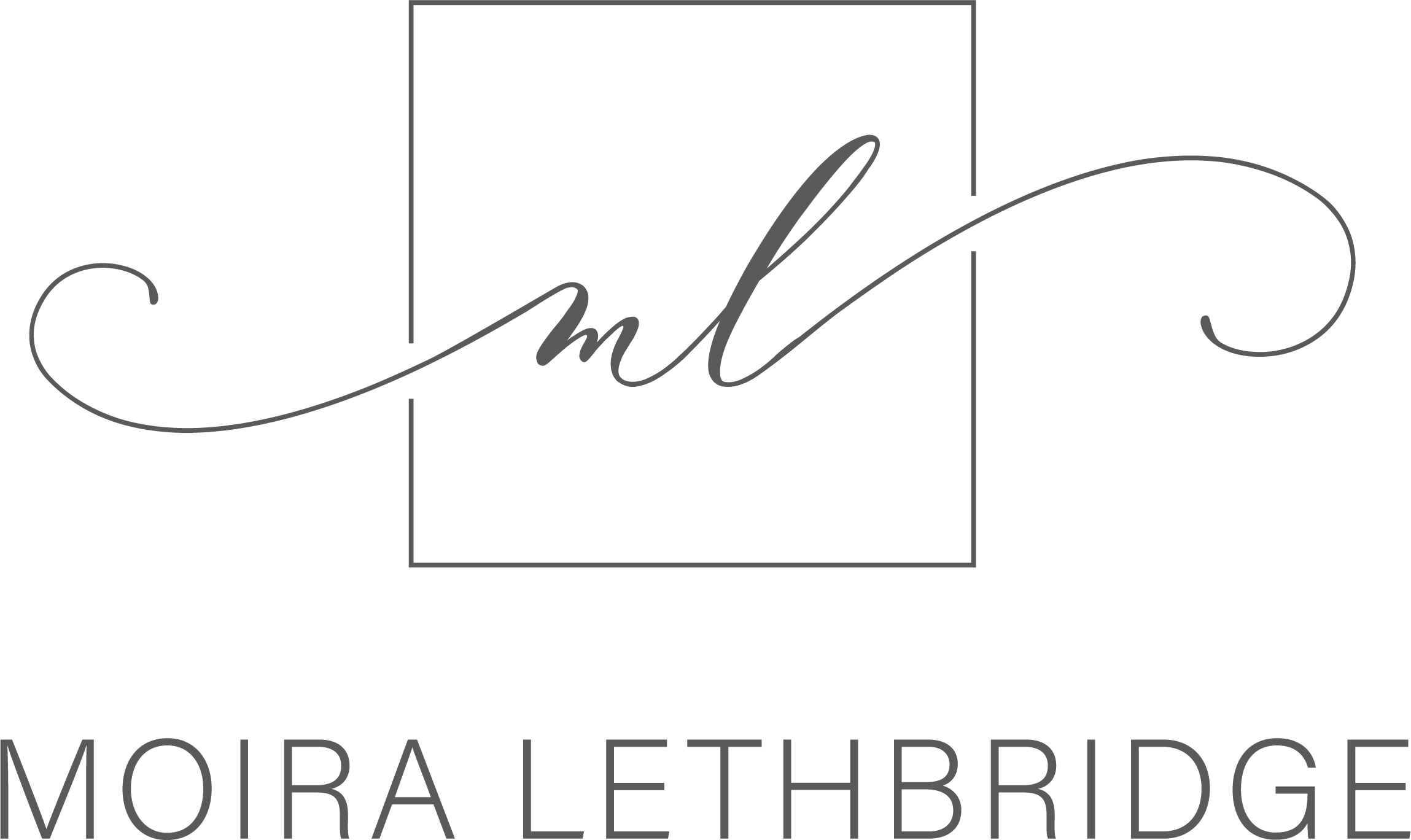Written by Toni Collis & Moira Lethbridge
Imagine you are on a ship, and you see an iceberg jetting out of the water, bright blue and white. The part of the iceberg that you can see is only about 5 percent. This is your conscious mind. The other 95 percent is your unconscious mind, or the rest of the iceberg under the water. It is your supercomputer that can access tons of information and share it with your conscious mind. What unconscious thoughts and beliefs are driving your behaviors?
Our thoughts and beliefs create our experiences and by changing our thinking and belief system we can profoundly change our lives for the better.
The problem is most people don’t even know what thoughts and beliefs are getting in the way of having an amazing life, and they don’t know how to question their thoughts and beliefs to create the change that would make them happy. They don’t realize the power of that hidden 95%, what it is doing, and how it is impacting your life.
The impact is significant.
We stay in unfulfilling jobs and relationships.
We engage in compulsive behaviors such as constantly reproving ourselves, people pleasing or doing work that doesn’t actually move the needle (but gives us a little instant gratification — hello email inbox!).
As a result, our world shrinks.
As coaches, we have worked with hundreds of women to dig into the unconscious thoughts and beliefs that are stopping them achieving all that they want to. But we had to start by doing this work ourselves. Here’s what we’ve discovered:
- Everything in our lives, our achievements, lifestyle, relationships, health, is based on our beliefs.
- We all have a choice in everything but some of our beliefs are blocking our choices (yes you have more choice than you likely think you do!).
- We’ve learned how to change our beliefs, and the beliefs of those we work with to create a life and work that each of us loves and thrives in.
Let’s use the example of thoughts and beliefs of scarcity and unworthiness. Advertising has perfected it through quantity-related scarcity: only two seats left and the last day to buy. Booking.com shows: “booked twenty-six times today.” Amazon lists: only two left in stock. The Bumble dating app has a countdown timer: you have twenty-four hours to respond to a prospective date or the match disappears.
It plays on the fear of missing out (FOMO). When you operate in this thought system when it comes to sales, you tend to make purchases you regret, click on that match earlier than you really wanted to, and find you bought something you really didn’t need. When you operate from this scarcity thought system in other aspects of your life, you neglect your needs. You overwork because of FOMO. You over function because you worry of what you’ll not have. And you burnout and are never present in the moment.
Your existence becomes focused on the gap — what you don’t have — instead of what you’ve gained, what you are achieving and the impact you’ve already created.
“I am what I do, how much I earn, how clean my house is, and how much I weigh.”
Does this belief resonate with you?
Your thoughts are yours, but they do not describe you. You may think or feel you are anxious, but you are experiencing the symptoms of anxiety. Notice your thoughts, but do not identify or attach yourself to them. Despite what you might be feeling, you get to choose not to identify or attach yourself to particular thoughts.
Consider the following belief:
“Because I believe in my inherent worth and value, and that I live in a friendly universe, I practice mindful success every day, and I need never worry again.”
Mindful success is intentionally choosing your thoughts and actions every day. It is consciously choosing to have more faith in abundance and worthiness than in scarcity and unworthiness.
This thought system leads to the freedom to choose balance in giving and receiving, between work, family, and self-maintenance, between being and doing, and increased present-moment awareness—increased tolerance with the unknown, increased curiosity, and decreased judgment.
Identify unconscious habitual thought patterns to release.
Identify the unconscious beliefs you have about taking breaks at work. “I work through lunch because it’s the only way to catch up, it has to be done now and by me, stopping is not that important, other people work through lunch and I should too.”
Change it. “Successful women take time to nourish their bodies by eating a healthy lunch, and I’m a successful woman.” “Successful leaders take time during the day to regroup and replenish, and I’m a successful leader.”
Here is a sample list of the thoughts and beliefs that get in the way of believing you deserve more time, sleep, fun, balance, money, or success.
- It has to be hard.
- I don’t want to be disappointed if it doesn’t work out.
- I don’t want to feel bad.
- I don’t want to fail.
- I can’t take any down time.
- I don’t trust it will work.
- I should already know this.
- It’s a waste of time.
- I have to work harder.
There are several benefits of challenging your unconscious thoughts and beliefs:
- Increases awareness of the thoughts and beliefs that drive your decisions
- Increases objectivity when looking at a problem
- Lowers the frequency of second-guessing your decisions
- Reduces harm to yourself and others
- Relieves pressure about making the “right” decision
Remember, not every thought you think is true. Not every thought you think is you.
Let your thoughts and actions spring from your new mental framework and see what happens.
If you are ready to work on letting go of the wrong kind of decision making, join me and Toni Collis on LinkedIn for a special three-part series on ‘Getting Ready for the End of Year’, starting today (Tuesday September 27th), where we will dig into how to focus on the right kind of decisions and much more to ensure you end 2022 on a high. No need to sign up, just join us live here.





